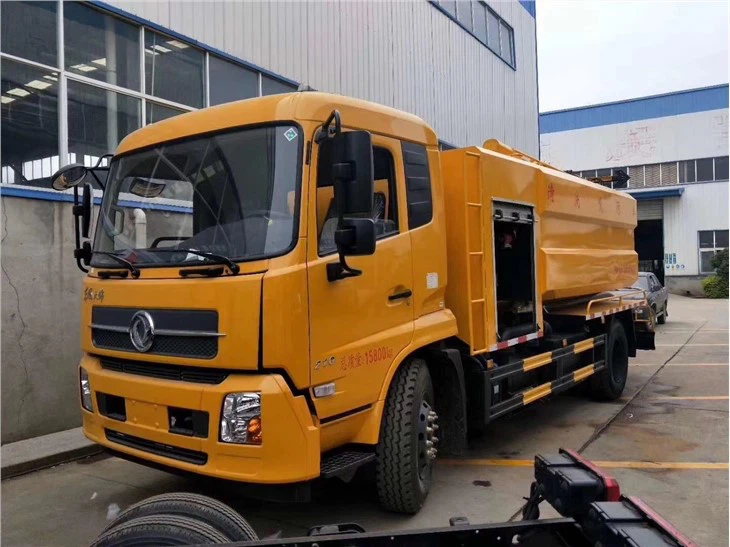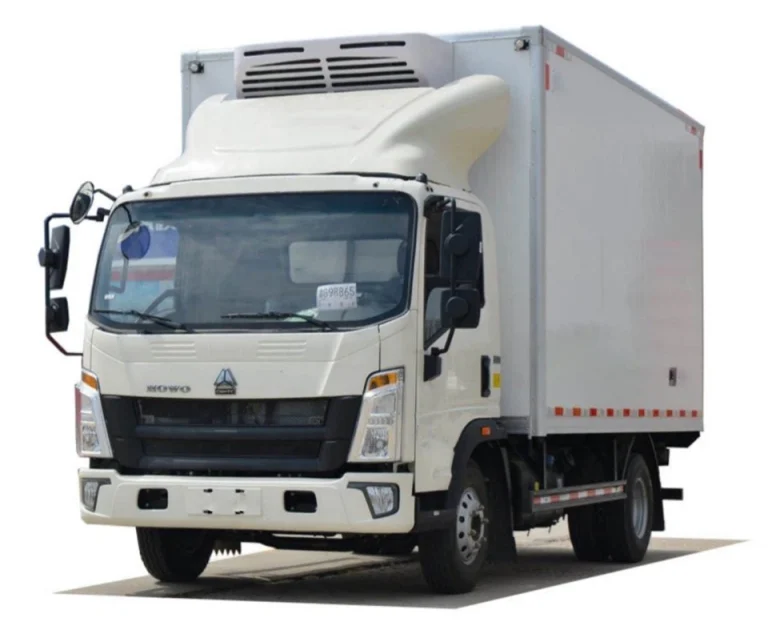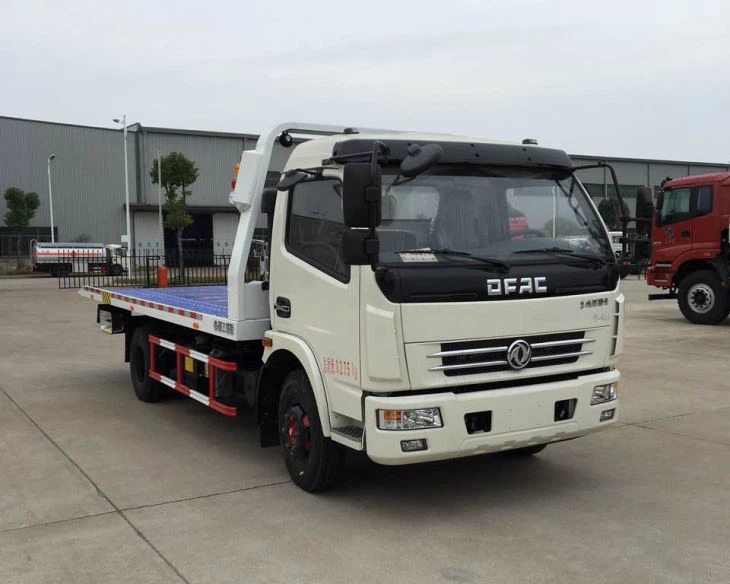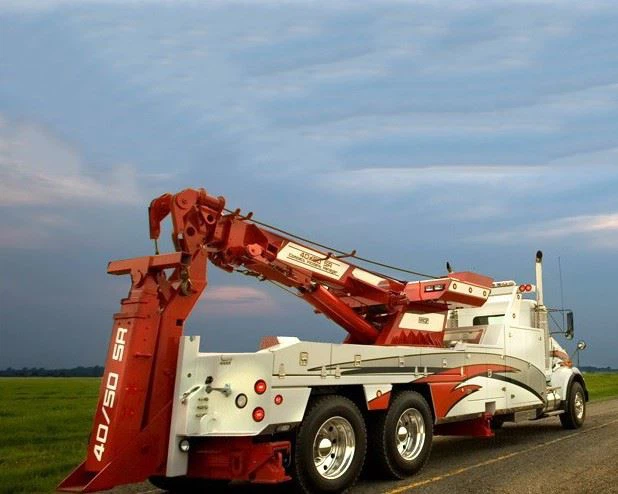Water trucks, essential vehicles in various industries, play a critical role in numerous applications—from construction to agriculture. This comprehensive article will explore what water trucks are, their types, operations, and benefits, making it clear why they are indispensable in many sectors.
Table of Contents
- Definition of a Water Truck
- Types of Water Trucks
- Key Components of a Water Truck
- Common Applications of Water Trucks
- Benefits of Using Water Trucks
- How Water Trucks Operate
- Maintenance Tips for Water Trucks
- Cost Considerations
- FAQs About Water Trucks
Definition of a Water Truck
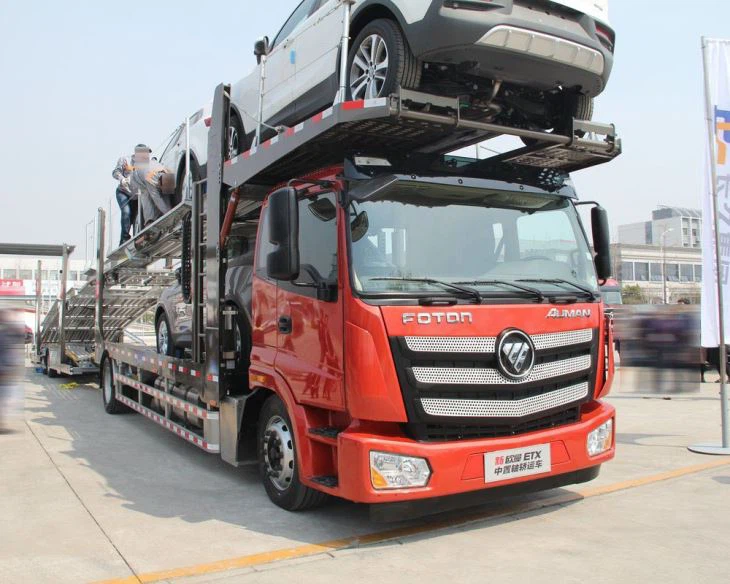
A water truck is a specialized vehicle designed to transport and dispense water for various purposes. These trucks are equipped with large tanks and a distribution system that allows for controlled release of water at different locations. They are primarily used in industries like construction, agriculture, mining, and firefighting to provide a steady water supply where needed.
Types of Water Trucks
Water trucks come in different forms, each suited for specific applications. Below are the most common types:
1. Standard Water Trucks
These trucks are equipped with a basic tank and can transport water over short distances. They are usually found on construction sites to keep dust down.
2. Water Tanker Trucks
These are larger trucks with bigger tanks capable of carrying more gallons of water, ideal for agricultural uses and larger construction projects.
3. Off-Road Water Trucks
Designed for rough terrain, these trucks often have rugged tires and enhanced suspension. They are used in mining and unpaved construction sites.
4. Firefighting Water Trucks
Equipped with pumps and hoses, these water trucks are used by fire departments to deliver water to firefighting efforts, often as part of emergency responses.
5. Watering Trucks
These trucks are specifically designed for agricultural and landscaping purposes, providing irrigation and cooling for plants.
Key Components of a Water Truck
A water truck consists of several essential components that enable it to operate effectively:
| Component | Description |
|---|---|
| Tank | The primary storage unit for water, usually made of steel or a durable plastic material. |
| Pump | A mechanism that helps in dispensing water from the tank to the desired location. |
| Hoses | Flexible tubes attached to the pump for directing the water flow. |
| Sprinkler System | A series of nozzles that can distribute water evenly across larger areas. |
| Chassis | The vehicle frame that supports the tank and other components. |
Common Applications of Water Trucks
Water trucks have a wide range of applications across various industries, including:
1. Construction Sites
Water trucks are essential in construction for dust control and compaction of soil, ensuring a safer work environment.
2. Agriculture
In farming, water trucks are used for irrigation, delivering water directly to crops during dry spells.
3. Dust Suppression
Industries such as mining and road maintenance utilize water trucks to minimize dust and improve air quality.
4. Firefighting
Water trucks equipped with pumps and hoses serve a pivotal role in emergency fire-fighting operations, especially in remote areas.
Benefits of Using Water Trucks
The use of water trucks offers numerous advantages:
1. Versatile Applications
Water trucks can be utilized in multiple industries, including construction, agriculture, and emergency services.
2. Cost-Effective Water Supply
They provide a reliable and often cheaper method of water delivery compared to permanent water lines.
3. Improved Safety
By controlling dust and providing water in critical areas, water trucks contribute to a safer working environment.
4. Environmental Benefits
Water trucks help in dust suppression, which can significantly reduce air pollution in industrial settings.
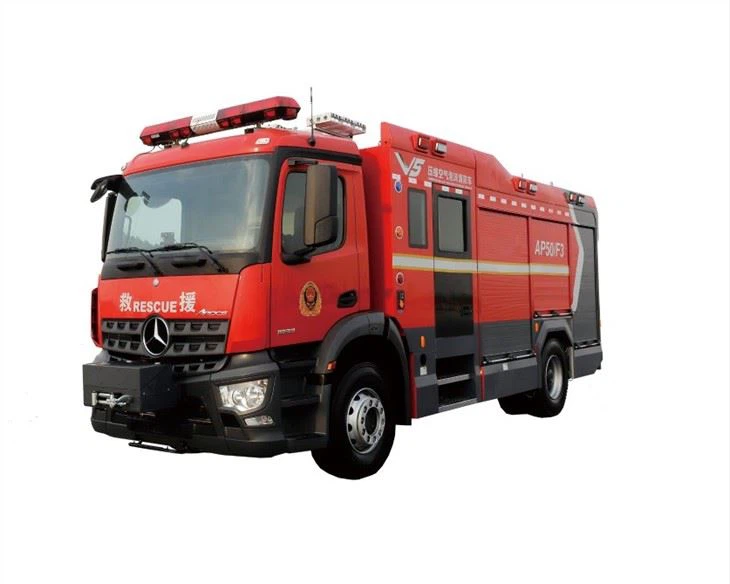
How Water Trucks Operate
Water trucks operate through a straightforward mechanism:
- The truck drives to a water source and fills its tank.
- Once filled, the water truck transports the water to the job site.
- Upon arrival, the driver uses the pump to dispense water through hoses or a sprinkler system.
- In some cases, the truck can also pressurize the water for specific applications, such as firefighting.
Maintenance Tips for Water Trucks
To ensure the longevity and effectiveness of a water truck, regular maintenance is crucial. Here are some tips:
1. Regular Inspections
Check the tank for leaks, ensure valves are functioning, and inspect hoses for wear and tear.
2. Clean the Tank
Periodically empty and clean the tank to prevent contaminants and algae growth.
3. Watch the Pump
Inspect the pump regularly and lubricate as necessary to keep it operational.
4. Check the Tires
Ensure that tires are inflated to the correct pressure and check for any damage, especially for off-road trucks.
Cost Considerations
The overall cost of acquiring and operating a water truck can vary widely based on several factors:
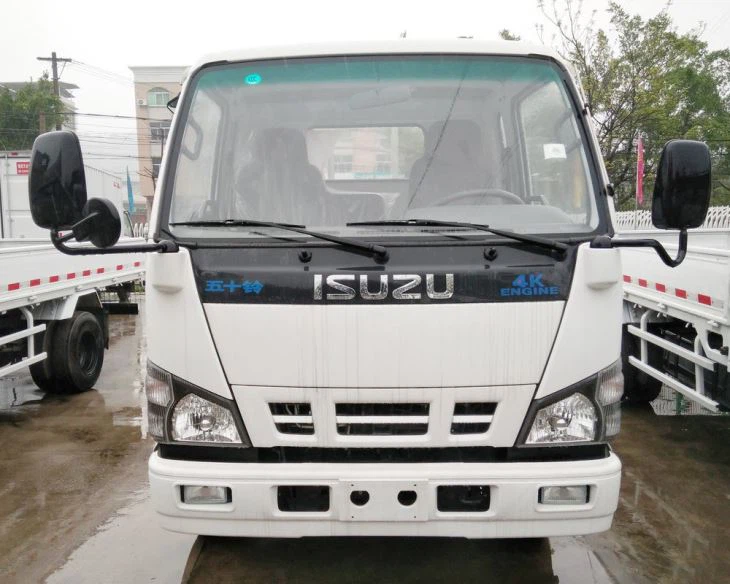
| Cost Element | Considerations |
|---|---|
| Purchase Price | New trucks can range from $20,000 to over $100,000 depending on size and features. |
| Maintenance Costs | Routine maintenance can run several hundred dollars annually on average, depending on usage. |
| Fuel Costs | Operational costs will vary based on the distance driven and fuel efficiency. |
| Insurance | Insurance expenses may vary by location and type of operation, generally ranging from $1,000 to $3,000 annually. |
FAQs About Water Trucks
1. What types of water can a water truck transport?
Water trucks typically transport fresh water, but they can also carry non-potable water for dust control and construction applications.
2. Are water trucks environmentally friendly?
Yes, water trucks can help reduce dust pollution and manage water waste, contributing positively to the environment.
3. How much water can a water truck hold?
An average water truck can hold anywhere from 2,000 to 10,000 gallons, depending on its design and application.
4. Can water trucks be rented?
Yes, many equipment rental companies offer water trucks for short-term or long-term rentals at varying rates.
5. What is the importance of a water truck in construction?
In construction, water trucks control dust, provide moisture for soil compaction, and ensure site safety.
6. How often should a water truck be maintained?
Regular checks are recommended every few weeks, with more thorough inspections and cleanings scheduled every few months based on usage.
